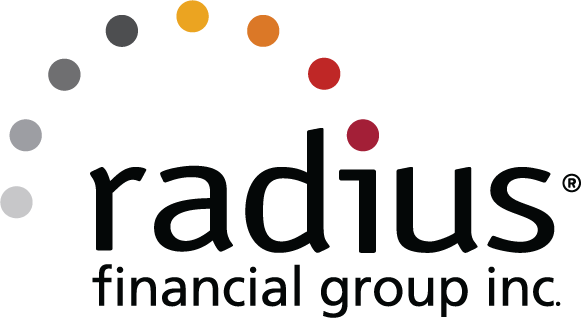If you have been impacted financially from the COVID-19 pandemic, then you might be worried about how to pay your bills. Luckily, state and federal governments have announced plans to help struggling homeowners with their mortgage payments. We've compiled the need to know information, so read on.
A new federal law, the Coronavirus Aid, Relief, and Economic Security (CARES) Act, puts in place two protections for homeowners with federally backed mortgages:
- A foreclosure moratorium
- A right to forbearance for homeowners who are experiencing financial hardship due to the COVID-19 emergency
What options are available to you?
Is your mortgage federally backed?
To be eligible for protections under the CARES Act your mortgage must be federally owned or otherwise backed by one of these federal agencies.
- US Department of Housing and Urban Development (HUD)
- US Department of Agriculture (USDA)
- Federal Housing Administration (FHA)
- US Department of Veterans Affairs (VA)
- Fannie Mae
- Freddie Mac
If you don’t know who owns or backs your mortgage, you can call your servicer.
The CARES Act
If your mortgage is a federally backed mortgage, you have two mortgage relief options under the CARES Act:
- First, your lender or loan servicer may not foreclose on you for 60 days after March 18, 2020. Specifically, the CARES Act prohibits lenders and servicers from beginning a judicial or non-judicial foreclosure against you, or from finalizing a foreclosure judgment or sale, during this period of time.
- Second, if you experience financial hardship due to the coronavirus pandemic, you have a right to request a forbearance for up to 180 days. You also have the right to request one extension for another up to 180 days. You must contact your loan servicer to request this forbearance. There will be no additional fees, penalties or additional interest (beyond scheduled amounts) added to your account. You do not need to submit additional documentation to qualify other than your claim to have a pandemic-related financial hardship.

Contact your loan servicer.
Who do you send your mortgage payments to each month? This is who you need to contact about receiving the above-mentioned assistance. In general, radius initially funds a loan and then sells it to a loan servicer to then collect monthly payments. The intent to sell is noted in the closing disclosure package issued to all of our borrowers and then a letter is issued informing the borrower who their new servicer will be.
If your loan is not backed by the federal government, you should still contact your loan servicer if you are having a hard time paying your mortgage due to the effects of COVID-19. Your servicer should help you identify alternatives that may be available to you and your unique situation.
Once you talk to the servicer, get any agreements in writing. You should be clear on any terms agreed upon and how repayment will work once your income is restored. You will want to know if all your missed payments are due at one time or if they will just be added to the end of your repayment term. Having everything in writing makes it easier to reference when the time for repayment comes.
Don't get scammed.
Scammers often take advantage of vulnerable consumers during disasters and financial shocks. Be aware of scams that falsely promise financial relief from your mortgage loan, or from foreclosure.
Here’s what to watch for as scammers may:
- Charge a high up-front fee for their services
- Promise to get you a loan modification
- Ask you to sign over your property title
- Ask you to sign papers you don’t understand
- Tell you to make payments to someone other than your servicer
- Tell you to stop making payments altogether
- Promise you payments in connection with providing credit card numbers and other personal information
(Source)

